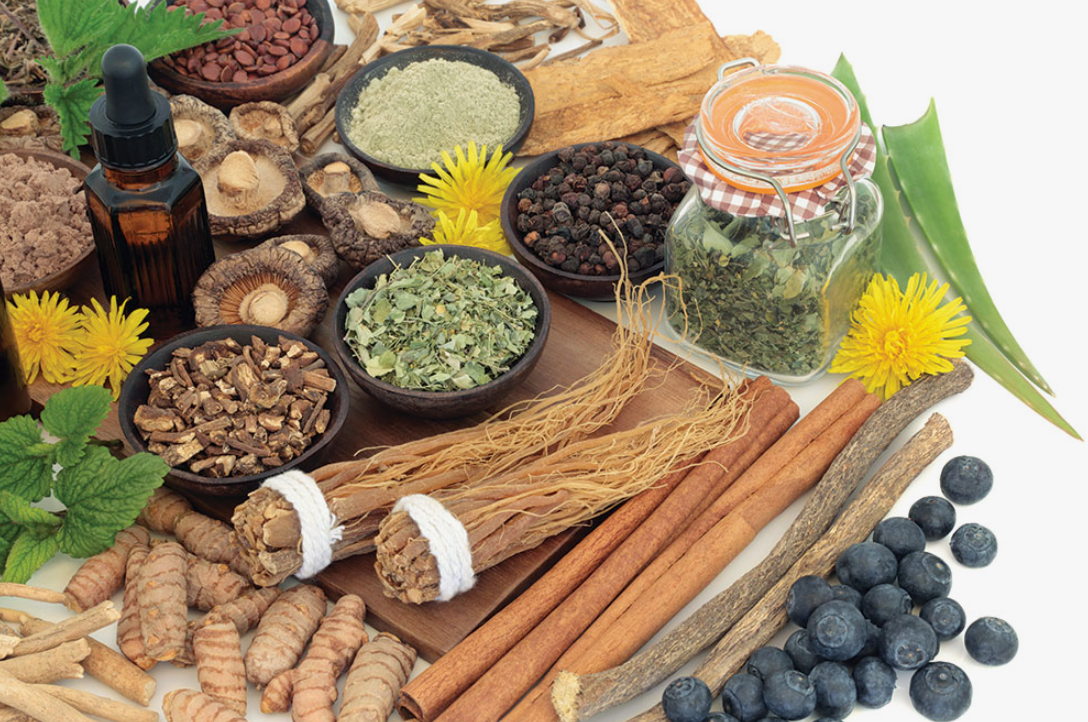The defensive mechanisms of citrus plants, especially tangerines, against microorganisms can be transmitted to human beings through Tangeritin isolation and the inclusion of the compound to health supplements. This is the conclusion made by a 2011 study conducted to establish the antibacterial properties of Tangeritin. Although the compound has been studied upon and theoretically-approved as an antibacterial agent, it has not fully gained the taxonomical classification as a medically-accepted drug due to lack of human subject studies. It is, however, expected to be included in antibacterial drug formulations following conclusion of intensive laboratory researches.
What is Tangeritin?
The biological activity of Tangeritin, an O-polymethoxylated flavone, is a recent discovery in the world of medical science. While the compound is said to be primarily responsible for protecting plants against various invading pathogens or microorganisms, certain studies have found other health benefits associated with Tangeritin use. Unlike other plant compounds, scientists faced certain difficulties in isolating the drug from citrus peels due to its complicated chemical structure but with the development of advanced derivation procedures, the isolation of Tangeritin is now a lot easier.
What are the benefits of using Tangeritin?
Today, Tangeritin is widely being studied upon to fully understand its effects in controlling abnormal cell growth in the body. A lot of studies have already provided certain acceptable theories on how the compound generally works. There is, however, no single study which can comprehensively explain Tangeritin’s mechanisms of action. The following are some of the known benefits of using Tangeritin:
- It has anti-tumor effects
Tumors are formed following abnormal cell proliferation in a given region of the body. While most tumors are benign, they are still considered forms of cancers and are not supposed to be treated lightly. A study has found that Tangeritin has potential actions in preventing tumor growth, both in benign and metastatic cancer types. It also induces cell apoptosis or the programmed death of cancer cells. Some studies also say that the plant has anti-mutagenic, anti-proliferative and anti-invasive properties.
- It may protect Brain cells
Among today’s central issues in Tangeritin studies is the potential claim that the compound can protect brain cells and increase neurotransmitter dopamine production. It was also found that the plant may inhibit development of Parkinson’s disease symptoms by controlling dopamine levels within normal ranges. Since the drug is able to cross the blood brain barrier, caution on Tangeritin use is being raised, especially on patients who are suffering from certain debilitating disorders.
- It may Control Cholesterol Levels
Not all types of cholesterol are bad for the body. While Low-density lipoproteins or LDL’s increase a person’s risk to cardiovascular disorders, HDL’s or High-density lipoproteins are healthy and necessary for various bodily processes. In a recent study on Tangeritin, it was discovered that the compound can help increase HDL levels while correspondingly reducing LDL levels, thereby regulating blood cholesterol levels.
Conclusion
Although the compound has a generally bitter taste, it has a lot of sweet health effects. Tangeritin is very effective for disease prevention, cancer control and many others.








